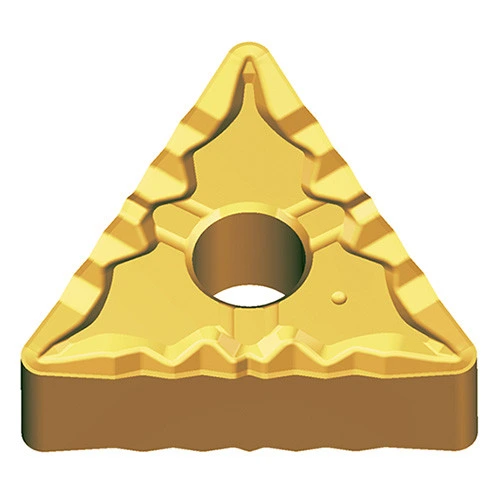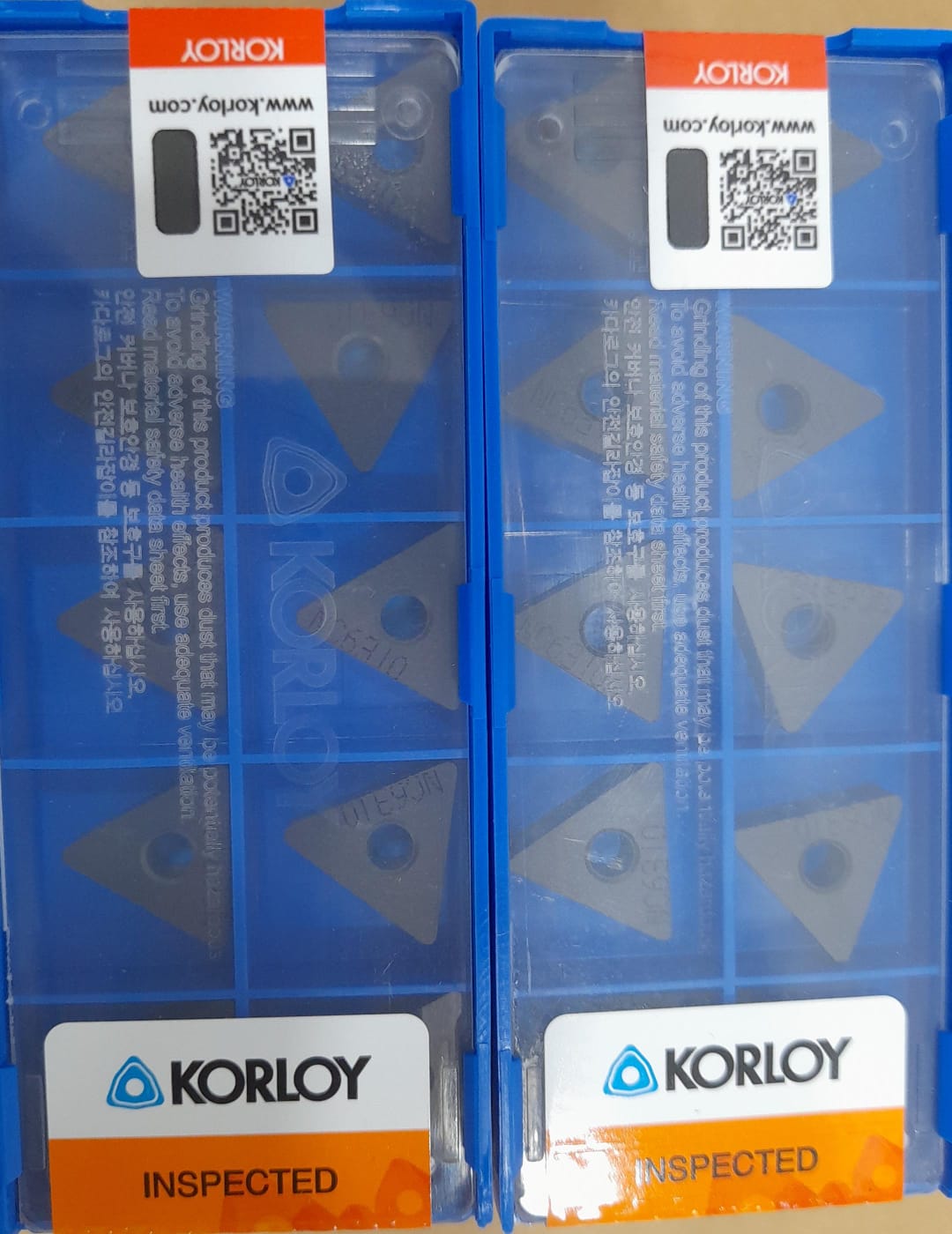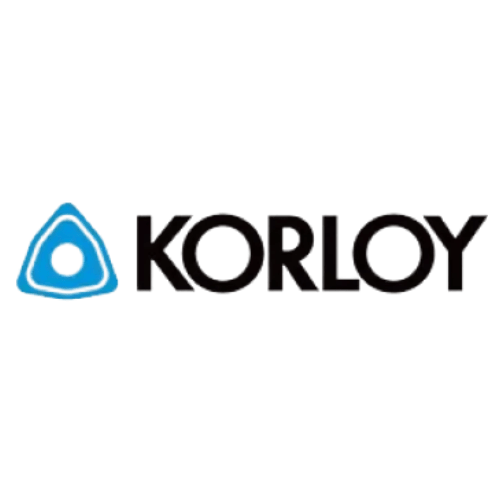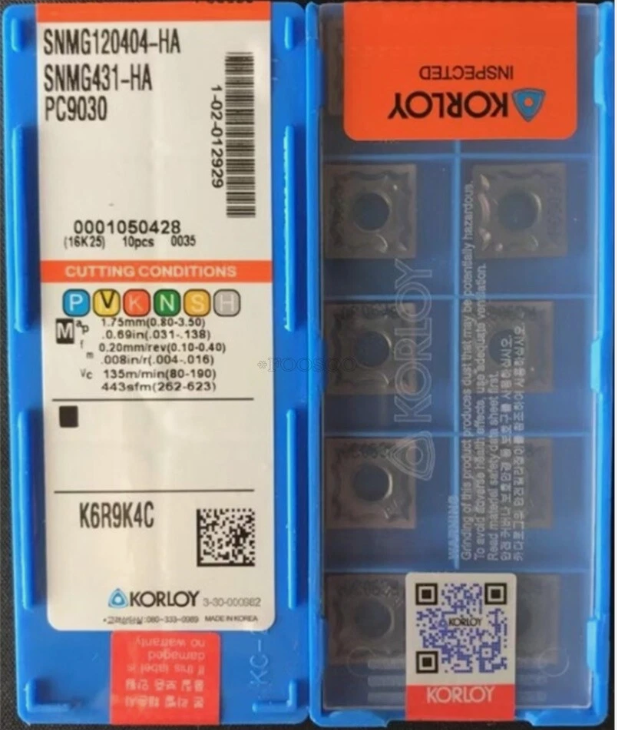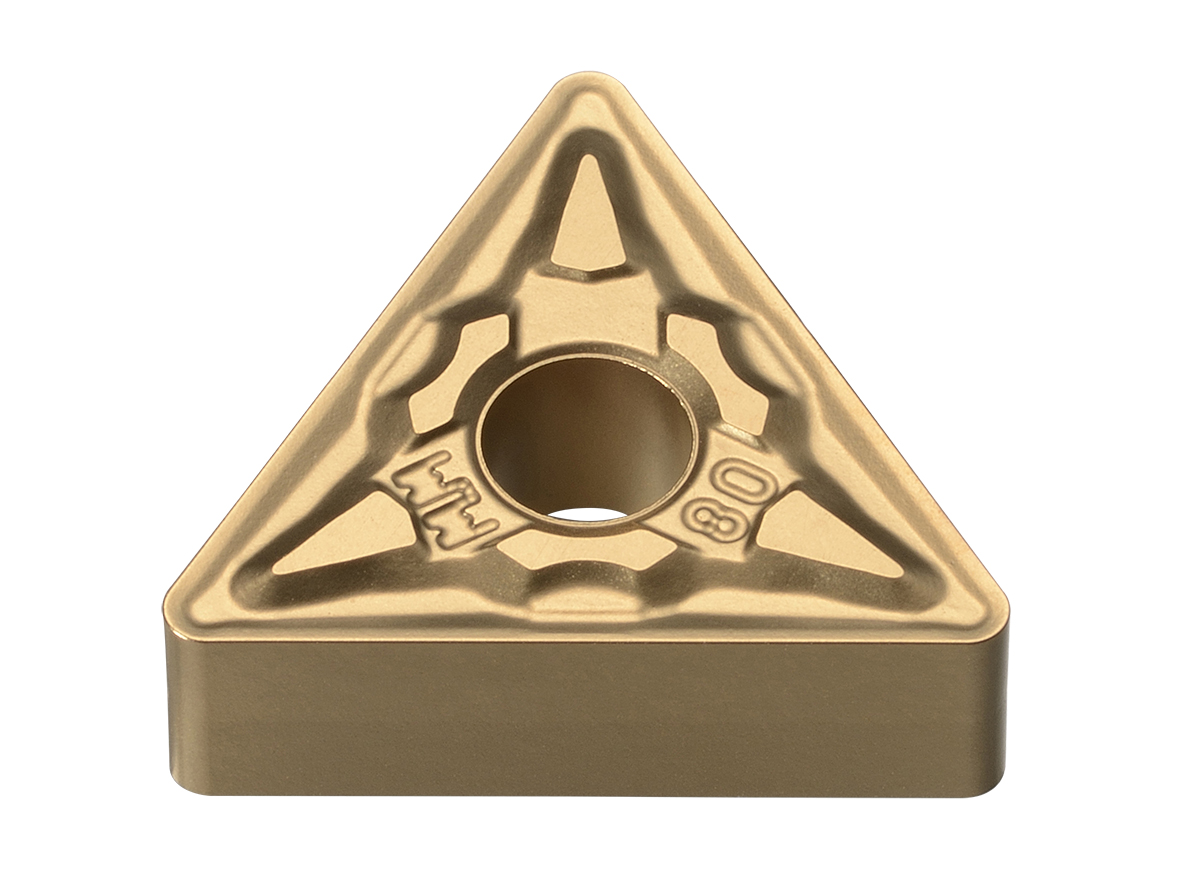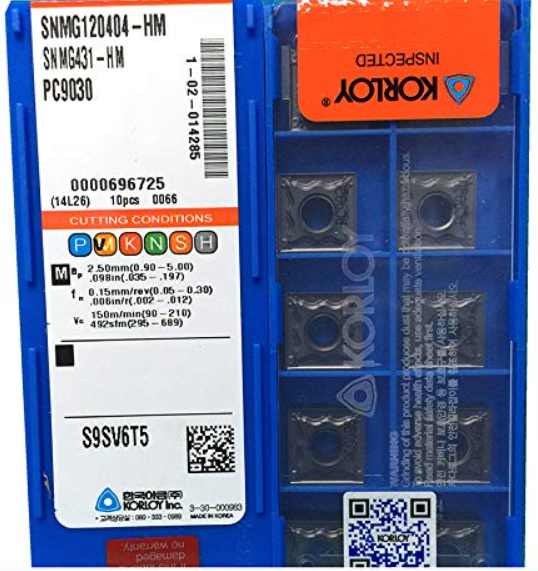Login / Register

Verify OTP

Update Profile

Korloy TNMG160408-HS PC8110
The Korloy TNMG160408-HS PC8110 is a PVD-coated carbide turning insert (HS chip breaker) designed for medium-to-finishing cuts on heat-resistant alloys and stainless steels. With a robust 60° triangular geometry, sharp 0.8 mm nose radius, and PC8110 grade, it delivers excellent wear and chipping resistance under high-speed, high-temperature conditions.
Elevate your turning operations with the Korloy TNMG160408-HS PC8110 insert—perfectly engineered for high-temperature machining environments. This 60° triangular (TNMG) insert features a 0.8 mm corner radius, 4.76 mm thickness, and HS chip breaker on both sides for dependable chip control and edge stability.
The PC8110 PVD-coated grade (S10) is a universal solution for medium-to-finishing operations on heat-resistant alloys (e.g., Inconel, Nimonic, Hastelloy) and stainless steels. It offers exceptional wear resistance and excellent resistance to chipping during continuous mid-to-high speed cuts at elevated temperatures.
"Cut tougher. Run longer. Finish stronger. Meet the Korloy TNMG160408-HS PC8110."
Why it’s a best seller
-
Minimized downtime—longer-lasting inserts mean fewer changes and more uptime.
-
Consistent surface finish—maintains dimensional accuracy under heat-induced stress.
-
High wear and chipping resistance—geared for tough materials and harsh cutting conditions.
Ideal
Automotive,
Aerospace,
Die & mold,
General engineering—any sector requiring precise, durable machining.
Order Now
Frequently Asked Questions
It’s a 60° triangular insert (TNMG) with a 0.8 mm corner radius, 4.76 mm thickness, and dual-sided HS chip breaker.
The insert features PC8110, a PVD-coated universal grade (S10) designed for medium-to-finishing cutting of heat-resistant alloys and stainless steels.
Optimized for heat-resistant alloys like Inconel, Nimonic, Hastelloy, and various stainless steels—performing reliably in continuous, high-temperature environments.
It delivers extended tool life, superior edge retention under heat, and stable chip control, enabling faster throughput and less tool management.
Widely used in automotive, aerospace, die & mold, and general engineering sectors—particularly where machining of hard-to-cut materials is routine.
© 2026. All Rights Reserved
Disclaimer: All Brand Logos belong to their respective owners, CNC Tools Depot is sharing publicly available information




